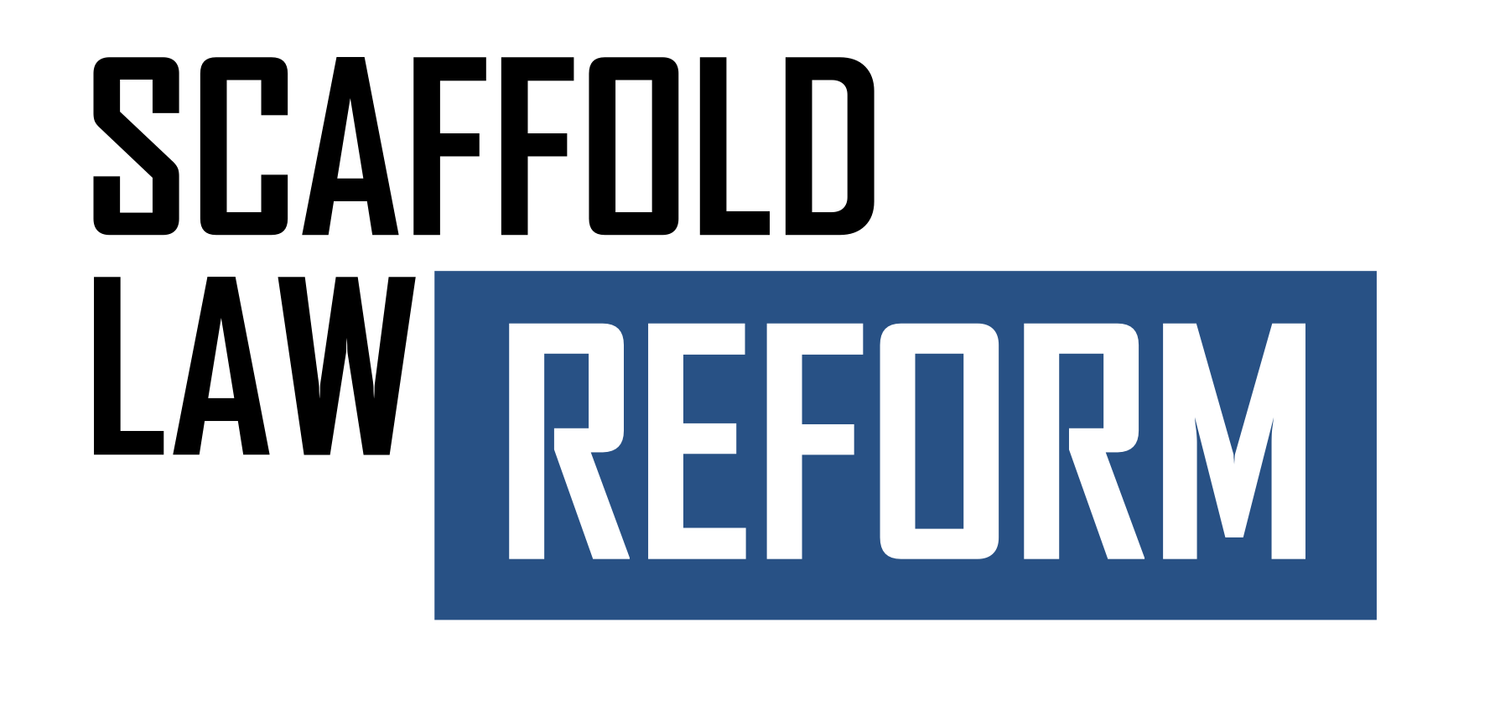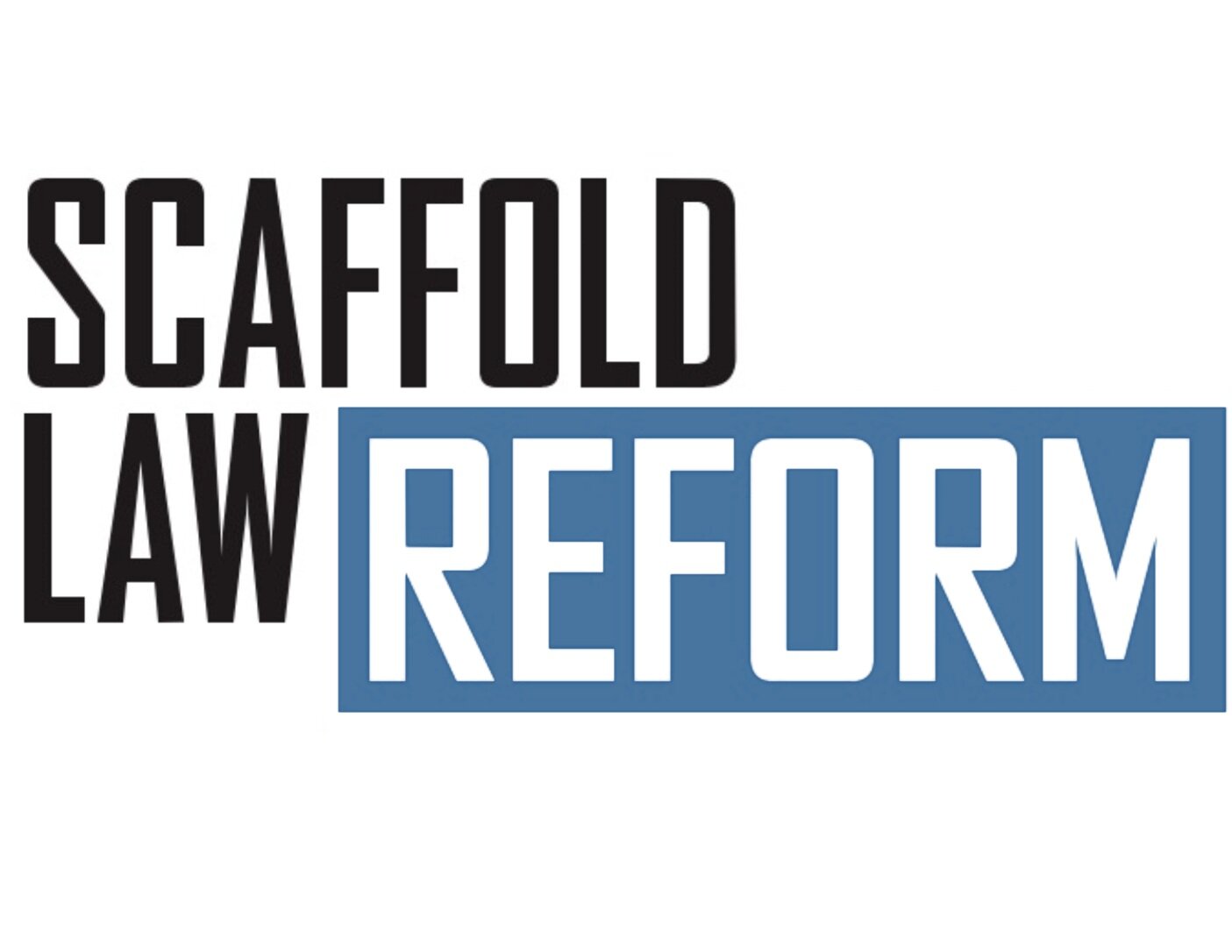Long Island Press: From the desk of Ari Brown: The scaffold law Is driving construction away from New York
By: Ari Brown
For 140 years, New York has been shackled by an outdated law found nowhere else in America: the scaffold law.
Enacted in 1885, this statute imposes “absolute liability” on property owners and contractors for elevation-related accidents, even when worker negligence is the true cause. Every other state in the nation has reformed or repealed laws like this. New York is the last one left clinging to it — and the damage is obvious.
I’ve been in the construction business for over five decades. I’ve seen firsthand how this law has driven up insurance costs, delayed or canceled projects, and sent investment dollars to other states.
It inflates the cost of building schools, roads, bridges, and housing on Long Island by hundreds of millions of dollars every year.
The Nelson A. Rockefeller Institute of Government estimates that taxpayers alone are paying nearly $800 million annually in costs resulting from the Scaffold Law. That money should be going into classrooms, infrastructure, and affordable housing, not into the pockets of trial lawyers.
The law has also created an epidemic of staged accidents and fraudulent lawsuits, often enabled by unscrupulous law firms and medical professionals. Insurance carriers have fled the New York market rather than take on the risk, leaving builders, developers, and local governments with skyrocketing premiums and fewer options.
This isn’t protecting workers — it’s punishing the people who build and maintain our communities.
And the larger cost is the one that is hardest to see: the projects that never happen. The scaffold law drives new construction away from Long Island and away from New York entirely.
Developers and investors take their dollars to states with fairer, modern liability standards. Real estate and construction are the driving forces of New York’s economy.
When they slow down, everything slows down: job creation, housing, infrastructure, and the tax base that supports our schools and services.
We already have strong workplace protections in place. OSHA regulations, federal laws, and state safety standards safeguard workers on the job. The Scaffold Law doesn’t add safety — it adds cost, fraud, and delay.
That’s why there is now a growing coalition demanding change.
Nearly 50 organizations statewide — including four of the most prominent on Long Island, the Long Island Association, the Long Island Builders Institute, the Long Island Contractors Association, and the Association for a Better Long Island — are united in calling for reform. They know, as I do, that this antiquated law is choking our economy.
At the federal level, U.S. Rep. Nick Langworthy of New York has introduced the Infrastructure Expansion Act to exempt federally funded or permitted projects in New York from the scaffold law’s absolute liability standard.
His legislation, which has already earned support from other members of the New York delegation, would allow federally backed projects like Penn Station, the Second Avenue subway expansion, and even Army Corps resiliency work along our coasts to move forward without the crushing burden of scaffold law costs.
His bill won’t solve everything, but it shines a bright light on how destructive this law really is.
Here in Albany, I will be introducing legislation to exempt Nassau and Suffolk counties from the scaffold law. My bill would establish a comparative negligence standard — the same common-sense approach used everywhere else in the country.
Under this standard, judges could weigh actual fault and responsibility rather than automatically pinning blame on property owners and contractors regardless of circumstances. This reform will help restore fairness, cut costs, and keep projects — and jobs — on Long Island.
As ranking member of the Assembly’s Local Governments Committee, I hear every week from municipal leaders, school officials, and taxpayers who are bearing the brunt of this law. They know the scaffold law is not just a legal relic — it’s a daily drain on our budgets, our economy, and our future.
New York cannot continue to cling to a 19th-century policy that no longer makes sense in the 21st century. If we want affordable housing, if we want modern schools, if we want reliable infrastructure, and if we want to keep jobs and investment here, then we must reform the scaffold law.
Long Island deserves better — and I intend to fight for it.
State Assembly Member Ari Brown represents the 20th Assembly District, which

